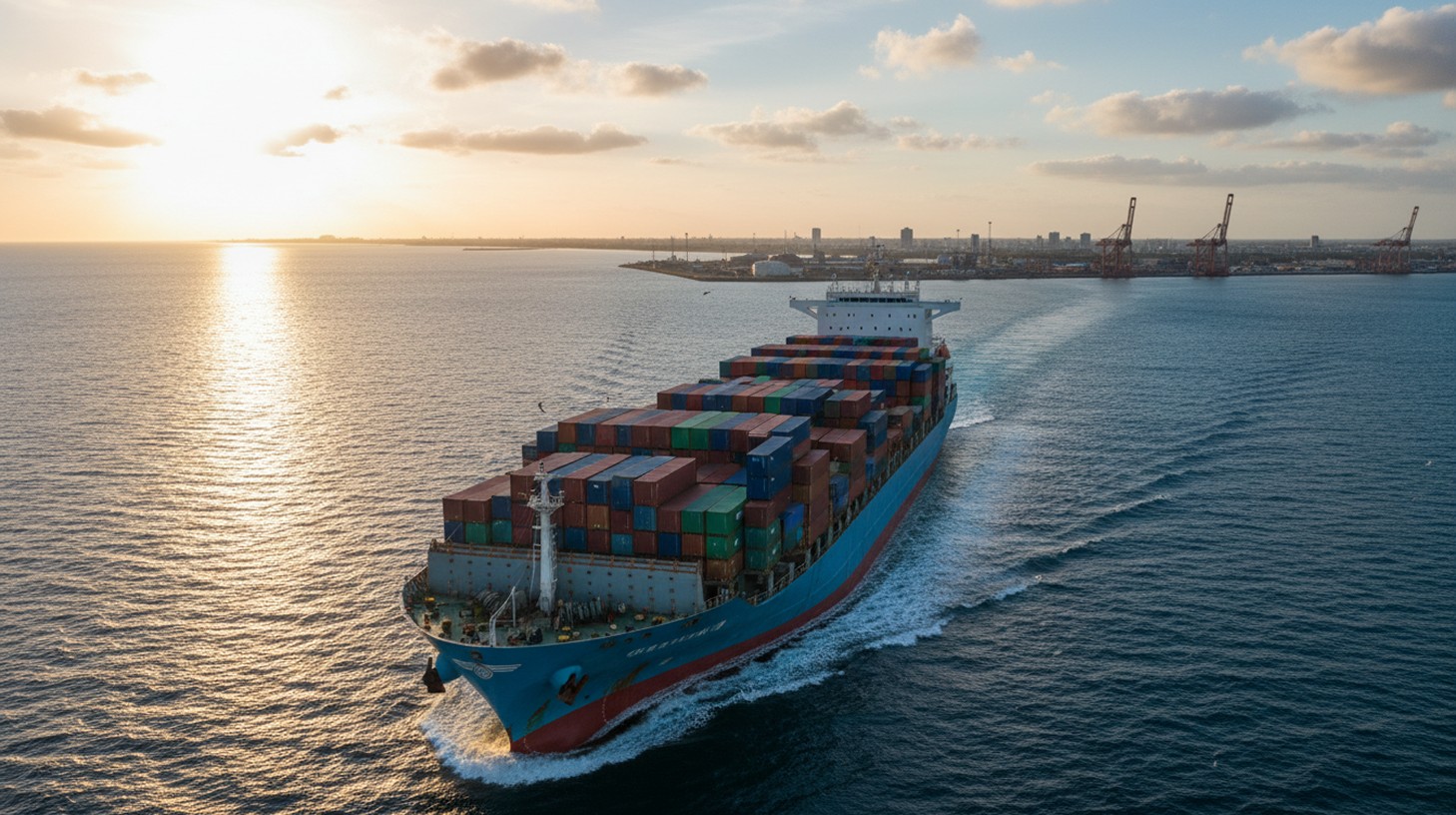If the Ukrainian Prosecutor’s Office initiates criminal proceedings, it does not necessarily mean your assets will remain untouched — even if they are located thousands of kilometres away from Ukraine. Today, any request for mutual legal assistance may lead to the freezing of bank accounts, real estate, or investments abroad. Foreign courts are compelled to respond — but not always unconditionally.
Can such asset freezes be challenged? How does the system of defence work in cross-border cases? And what arguments are most effective in courts of other jurisdictions?
In this article, we explain how the mechanism of international asset attachment operates at Ukraine’s request — and how we assist our clients in regaining control over their property.
The Context of Transnational Asset Freezes
As part of international cooperation in criminal proceedings, the Ukrainian Prosecutor’s Office increasingly sends requests to foreign states seeking the attachment of property belonging to suspects or persons associated with them. These requests are issued in accordance with the provisions of the Criminal Procedure Code of Ukraine and international treaties ratified by Ukraine, in particular the 1959 European Convention on Mutual Assistance in Criminal Matters. Freezing orders issued on the basis of such requests are applied as provisional measures in cases involving corruption, money laundering, or economic crimes.
In theory, these actions are intended to ensure effective investigations and the potential future confiscation of assets. In practice, however, they often cause significant problems for asset holders — especially when the requests fail to meet the standards of legal certainty, adversarial proceedings, or the principle of proportionality. When faced with an asset freeze in Switzerland, the United Kingdom, Monaco, or the United States, individuals find themselves in a complex legal position: their assets are blocked, and any defence strategy must involve not only action in the relevant jurisdiction but also a critical review of the Ukrainian authorities’ conduct to determine whether procedural safeguards were upheld.
International Requests and Their Scrutiny by Foreign Courts
The attachment of assets abroad is not an automatic consequence of a request from Ukraine. A foreign court or prosecutor is required to assess the request for compliance with both the applicable international treaty and the public order of the requested state. Key conditions include dual criminality, the existence of sufficient factual grounds, a court order or an equivalent procedural instrument authorising the freeze, and guarantees of respect for the individual’s rights.
If a request is prepared in a purely formalistic manner or relies solely on unilateral assertions by the Ukrainian authorities without independent judicial oversight, this may serve as grounds for refusal. Most foreign jurisdictions treat such requests for the attachment of property as an interference with a fundamental right — the right to property — which must be subject to strict judicial scrutiny.
Defence Arguments in Foreign Proceedings
Each case requires a careful assessment of:
- whether a ruling of the Ukrainian investigating judge was obtained in accordance with Articles 170–173 of the Criminal Procedure Code of Ukraine;
- whether the requested measures are proportionate to the aims of the proceedings;
- whether the person concerned was given an opportunity to challenge the attachment order within the national proceedings;
- whether the principle of adversarial proceedings was upheld.
Particular attention must be paid to the risk of human rights violations. If the person whose assets have been frozen was not granted access to the case materials, was not properly notified, was denied the opportunity to seek judicial review, or was not assigned procedural status at all, such shortcomings may form the basis for challenging the actions in the foreign jurisdiction. Many EU Member States regard such violations as incompatible with public order and refuse to recognise or enforce asset freezes imposed in breach of these fundamental principles.
Why You Should Turn to Fortior in Such Cases
Fortior Law advises and represents clients in proceedings involving the attachment of assets abroad at the request of the Ukrainian Prosecutor’s Office.
We provide:
- a legal analysis of the Ukrainian criminal proceedings;
- an assessment of the legality of the asset freeze under Ukrainian and international law;
- coordination with local counsel;
- the preparation of the client’s legal position for the purposes of resisting recognition or seeking the annulment of the freeze;
- full support at every stage — from communication with foreign prosecuting authorities to engagement with international institutions.
Fortior brings together a team of lawyers admitted to practise in Ukraine as well as in key jurisdictions where MLA requests are most frequently enforced. We work confidentially, swiftly, and strategically — to protect your assets, your reputation, and your rights.









